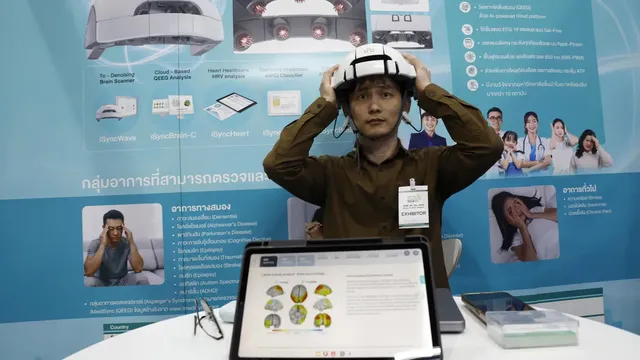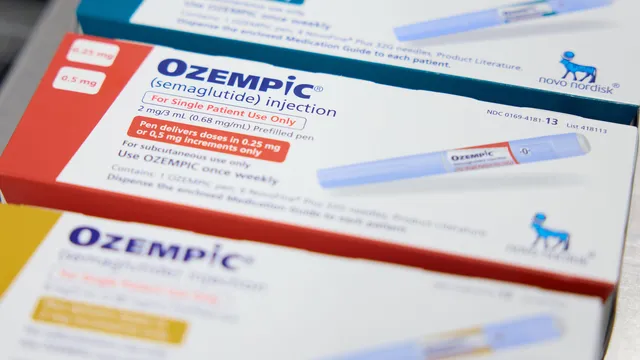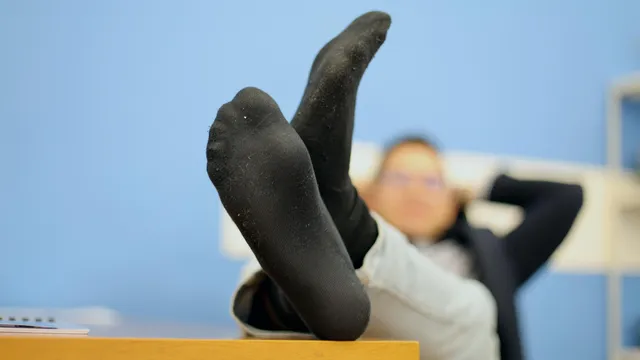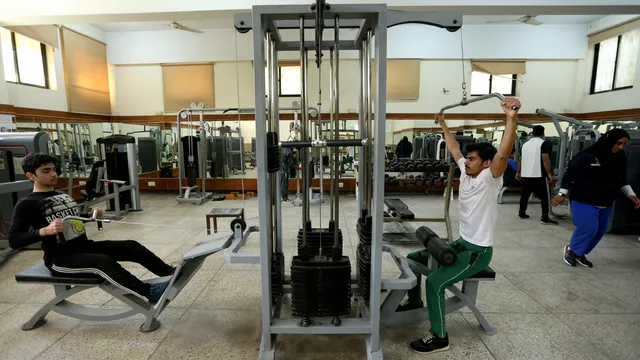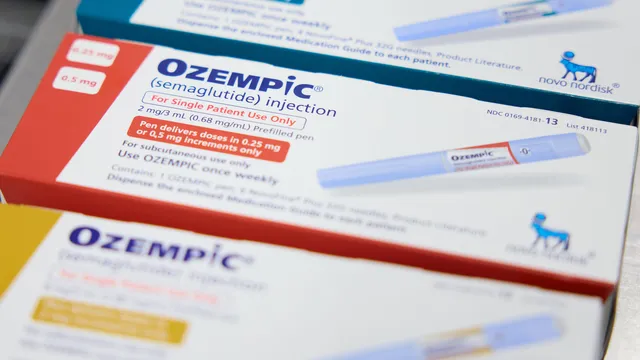The brain ages, but not in the same way for everyone. Thanks to certain habits, it is possible to protect our mental abilities even after reaching an advanced age.
Here are some basic steps for building a resilient mind.
As we age, small lapses in memory and forgetfulness seem inevitable. However, some people remain remarkably sharp even when their brains are under attack from time.
The secret? It's not incredible luck, but a key concept: cognitive reserve. It refers to our ability to accumulate resources and strategies to delay the onset of mental decline, according to the weekly magazine New Scientist.
How can we strengthen it and when should we take action?
Cognitive reserve is often talked about as if it were a single entity, but three concepts need to be distinguished.
Brain reserve simply corresponds to the size of the brain: a larger brain will take longer to show signs of weakness.
Cognitive reserve, on the other hand, refers to the brain's ability to compensate for atrophy.
Put simply, it is the organ's ability to bypass a "blocked path" (damage) by taking another route.
Finally, brain function maintenance refers to the brain's ability to protect itself from disease.
Among the most effective ways to stimulate cognitive reserve is bilingualism.
Speaking two languages at a native level forces the brain to juggle constantly, thereby developing remarkable mental flexibility.
According to studies, this can delay the onset of dementia by several years, even in people with Alzheimer's disease.
Learning a musical instrument also has benefits. And no, it's not enough to strum a few notes from time to time.
Regular practice of at least an hour a day strengthens the efficiency of neural circuits and helps our ears distinguish sounds, even in noisy environments.
Physical activity isn't just for your muscles: it "cleans" your brain by improving blood circulation and stimulating the production of beneficial substances.
People who exercise regularly often maintain better cognitive function, despite any age-related brain damage.
However, not all studies are unanimous: physical activity probably helps maintain the organ rather than stimulate its reserve.
It's never too late to start. Of course, a stimulating childhood lays a solid foundation, but recent studies show that the period between 40 and 50 is crucial.
Staying intellectually active—reading, playing, socializing, learning new skills—stimulates the mind in the long term, regardless of our initial level of education or the effort we put in later.
And even after the age of 60, learning to play the piano or speak a new language is very beneficial.
The brain's plasticity continues throughout life; we just need to develop it.
We must not neglect the spirit: the feeling that we are useful, that our life has meaning, and maintaining a positive attitude are protective shields against decline.
Having a goal or meaning significantly improves cognitive function, even if there is already impairment.
Even better, the ability to see life as a whole and manageable entity allows us to use our brain networks more efficiently, thereby reducing stress on the brain.
We do not choose the brain we are born with, nor our initial education. On the other hand, each of us has the keys to maintaining and strengthening our abilities throughout our lives.
The most important thing? To challenge ourselves, to learn continuously, to stay active, to maintain social contacts, and to ensure a meaningful life.
It's never too late to do something good for your brain! | BGNES

 Breaking news
Breaking news
 Europe
Europe
 Bulgaria
Bulgaria
